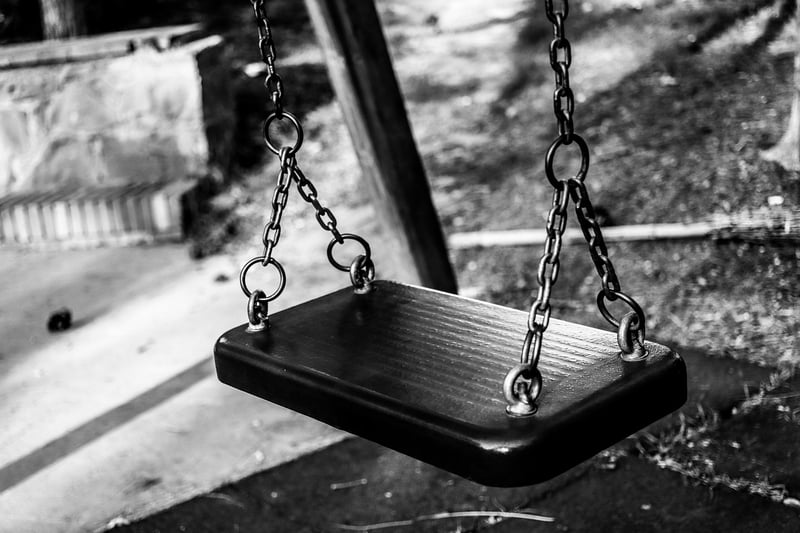Repurposed Play Areas
Fun and Educational Activities for Kids
Keeping children entertained and engaged can sometimes be a challenge, but with a little creativity and resourcefulness, you can turn ordinary spaces into fun and educational play areas. Repurposing play areas not only provides entertainment but also promotes learning and development. Here are some ideas for fun and educational activities that can be incorporated into repurposed play areas:
1. Sensory Play Station
Transform a corner of your living room or backyard into a sensory play station. Fill bins with items like rice, beans, water beads, or sand for tactile exploration. Add scoops, funnels, and containers for pouring and transferring activities. Sensory play helps children develop their senses and fine motor skills.
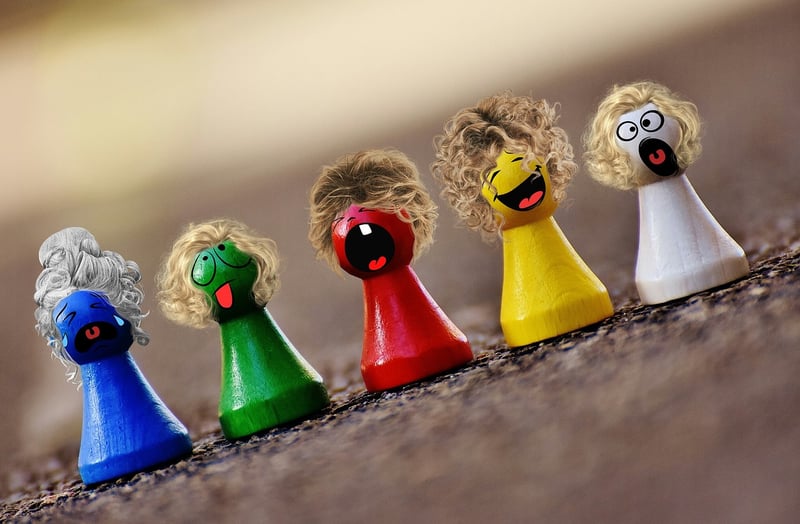
2. Reading Nook
Create a cozy reading nook by arranging cushions, blankets, and a selection of age-appropriate books. Encourage children to explore different genres and authors. Reading not only stimulates the imagination but also enhances language skills and cognitive development.
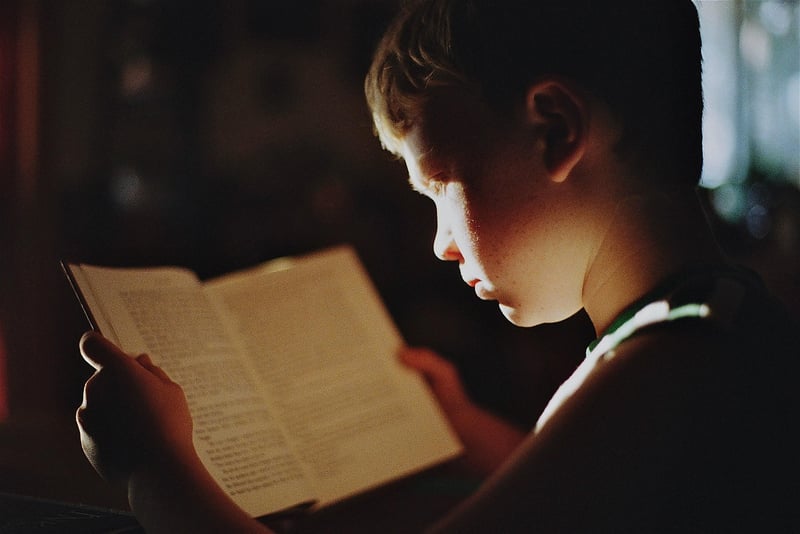
3. Science Lab
Set up a mini science lab in your kitchen or garage. Conduct simple experiments using household items like vinegar, baking soda, and food coloring. Let children observe, predict, and draw conclusions. Science activities foster curiosity and critical thinking skills.
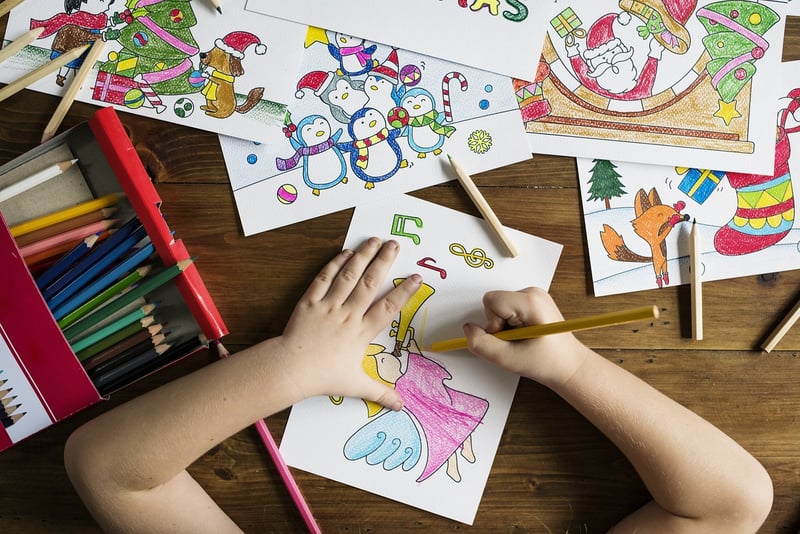
4. Art Studio
Dedicate a wall or a corner for art activities. Provide a variety of art supplies such as paints, crayons, markers, and paper. Encourage children to express themselves through drawing, painting, and crafting. Artistic expression promotes creativity and fine motor skills.

5. Outdoor Obstacle Course
Utilize your backyard or local park to create an outdoor obstacle course. Use hula hoops, cones, ropes, and tunnels to design a challenging but fun course. Obstacle courses help children develop gross motor skills, coordination, and problem-solving abilities.
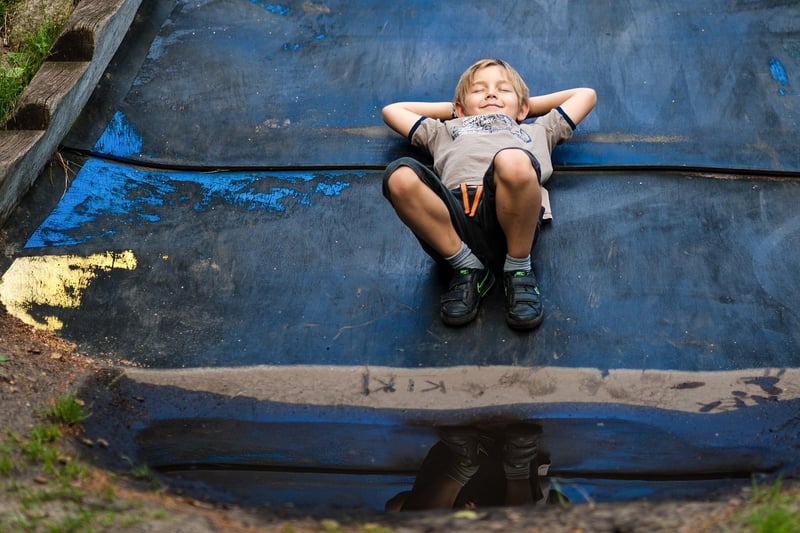
By repurposing play areas and incorporating these fun and educational activities, you can provide children with enriching experiences that promote learning and development in a playful environment.
Remember, the key is to make learning enjoyable and hands-on, sparking curiosity and creativity in young minds.
